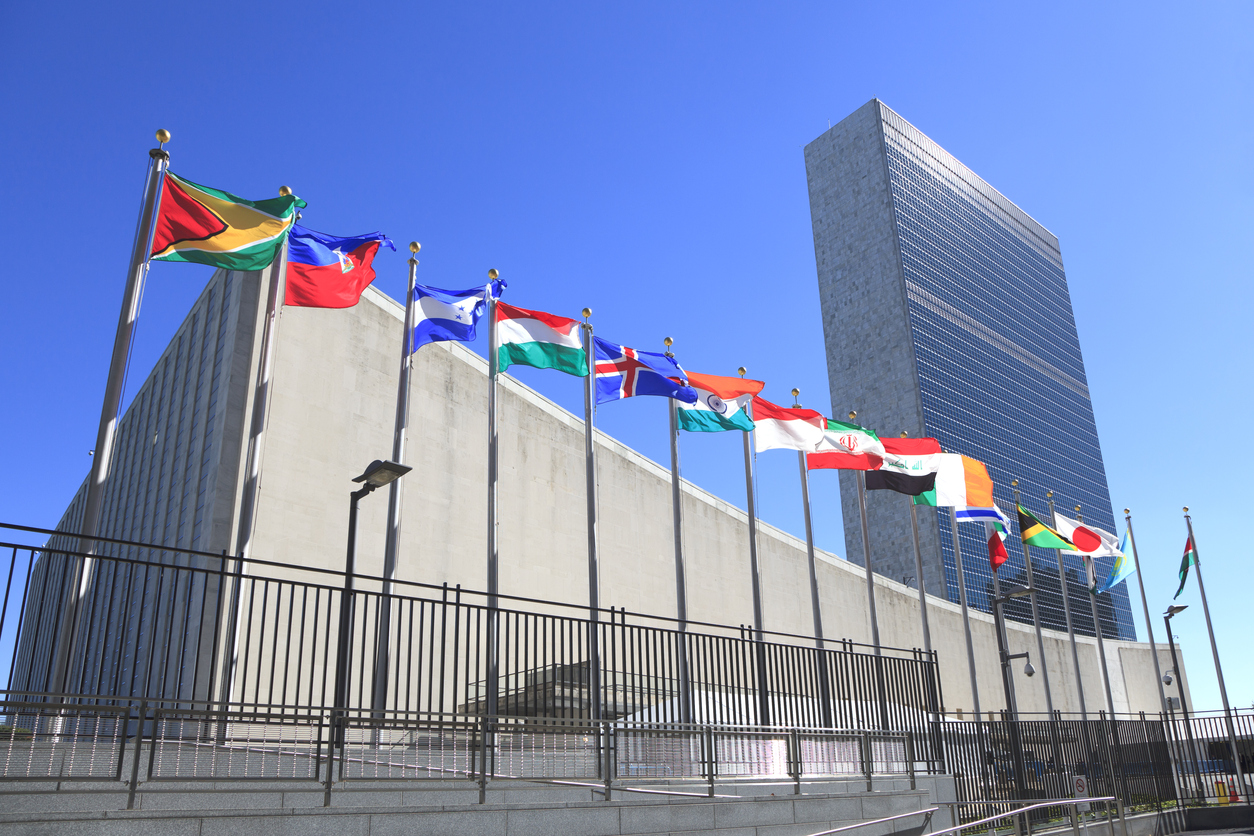“The NPT is the cornerstone of the non-proliferation regime. That is why we emphasize the importance of this universal component of collective security. All States are responsible for the implementation of article 6 of the Treaty on general and complete Disarmament, as well as for the implementation of the decisions of previous conferences, including the 13 practical steps outlined in the outcome document of the 2000 Review Conference,” – from the statement of the representative of Algeria at the fifth plenary meeting of the X NPT Review Conference.
On August 3, the 5th and 6th plenary meetings were held within X NPT Review Conference. During the meetings, 43 states intervened with their statements, as well as the Stockholm Initiative coalition, represented by Sweden.
Amid the calls for the withdrawal of Russian troops from Ukraine, the state parties also expressed their readiness for joint efforts to adopt the final document of the Review Conference and the desire to prevent the failure of the 2015 Conference.
Brazil noted that the “discriminatory nature of the NPT” can only be considered as a “temporary concession” on the way to achieving the goal of general and complete disarmament.
A number of Middle Eastern States noted the importance of joint efforts to create a WMD-free zone in the Middle East.
Thus, Syria stressed that “the indefinite extension of the NPT in 1995 occurred as a result of a set of decisions, including the adoption of a resolution on establishing a WMD-free zone in the Middle East. According to the Syrian representative, “many initiatives on the way to fulfilling this task have been thwarted by the United States, which protects Israel’s interests in the region.” Syria also noted that in 2015 the United States prevented the adoption of the final document despite the efforts and initiatives of some countries, including Russia.
Finland welcomed the extension of New START by Russia and the United States. The Finnish speaker also stressed that although non-proliferation is not a substitute for disarmament, it can become a “building block” on the way to it. Finland also called for consideration of the proposals of the Stockholm Initiative to reduce nuclear risks.
Serbia noted its own efforts in the field of non-proliferation, in particular the adoption of a Strategy to counter the proliferation of WMD for the period 2021-2025, as well as a National Action Plan for the implementation of UN Security Council Resolution 1540 for the period 2018-2022.
In a statement made by the representative of Iran, the intention was expressed to continue negotiations on the restoration of the JCPOA: “When the United States makes the right decision, Iran, in turn, will stop its remedial actions and resume full implementation of its obligations related to the nuclear program in accordance with the 2015 agreement.”
In the statement of the Stockholm Initiative, particular emphasis was placed on the need to take measures to reduce nuclear risks. Also, the representative outlined the importance of expanding opportunities for the younger generation and women in decision-making in nonproliferation and disarmament.
You can read more about the role of coalitions in the NPT review process in PIR Center’s Occasional Paper Coalitions in the NPT Review Process: History and Prospects for the X Review Conference.


